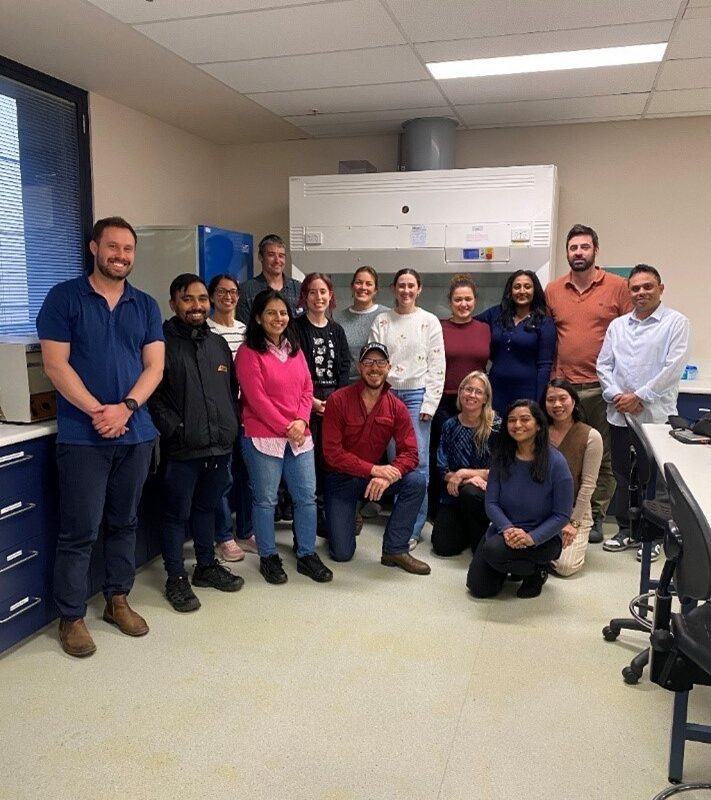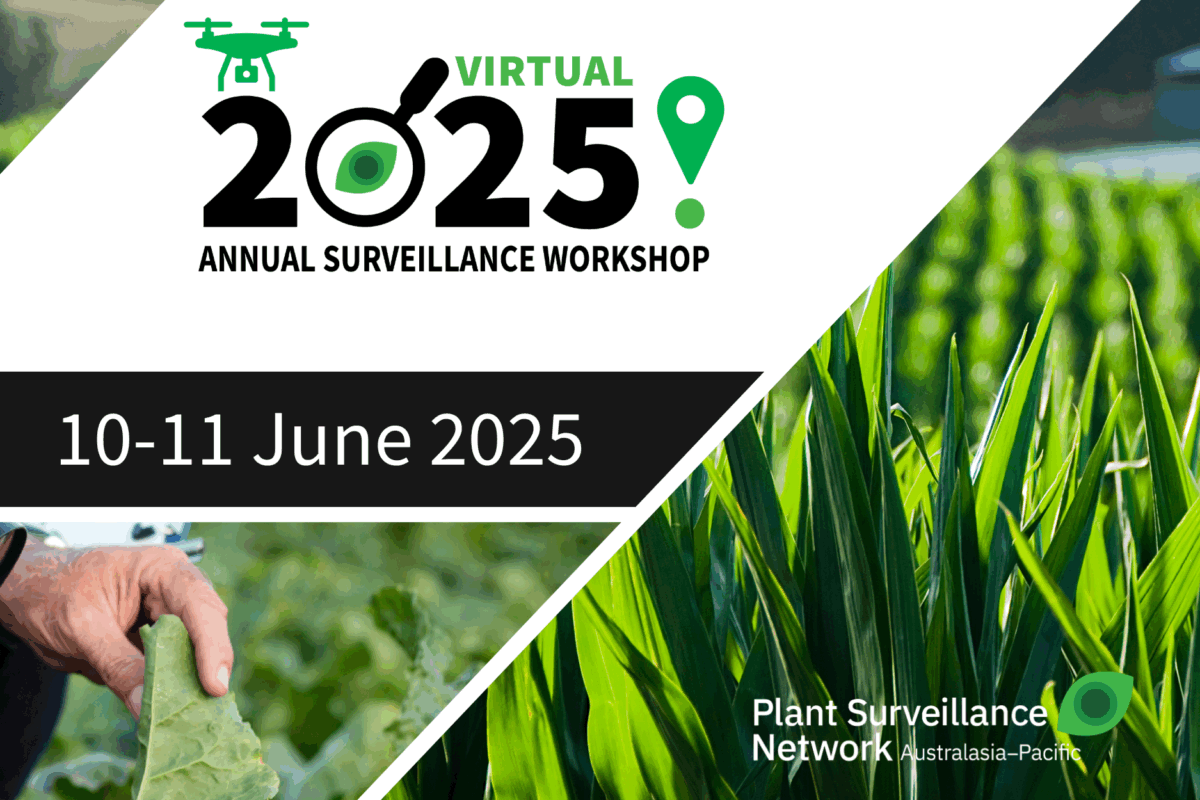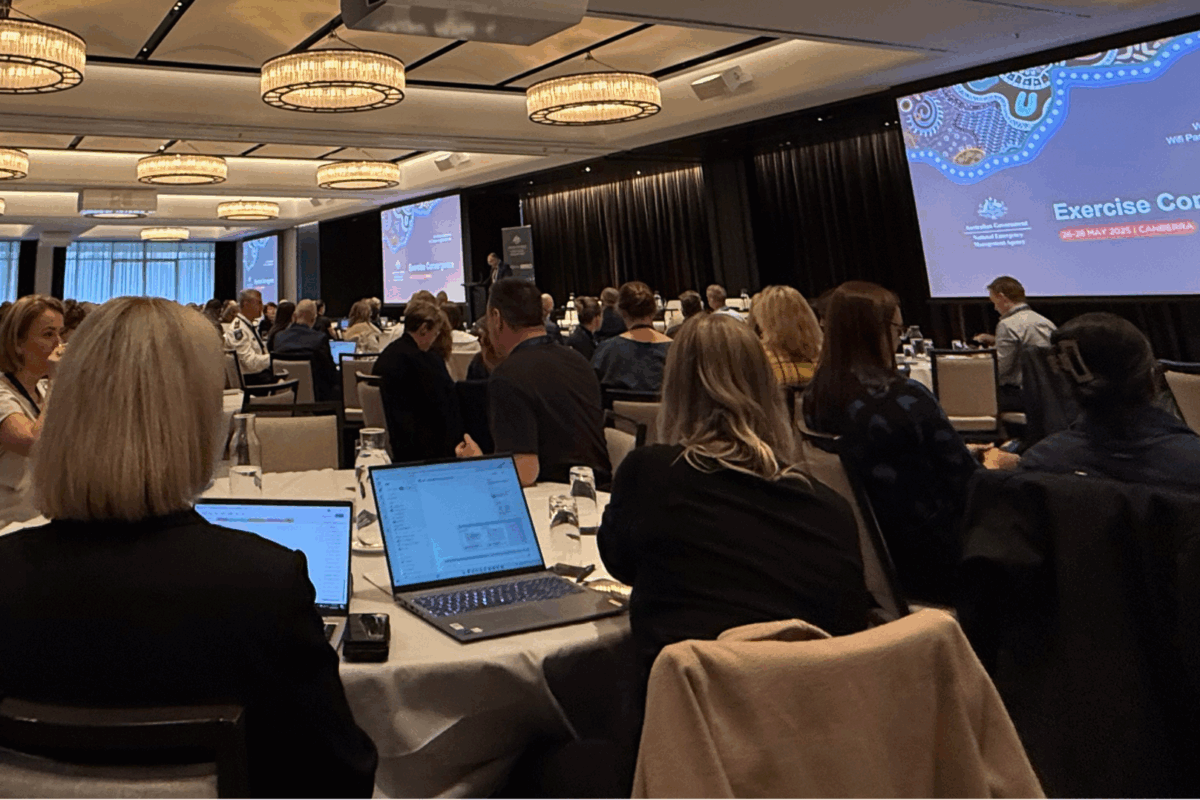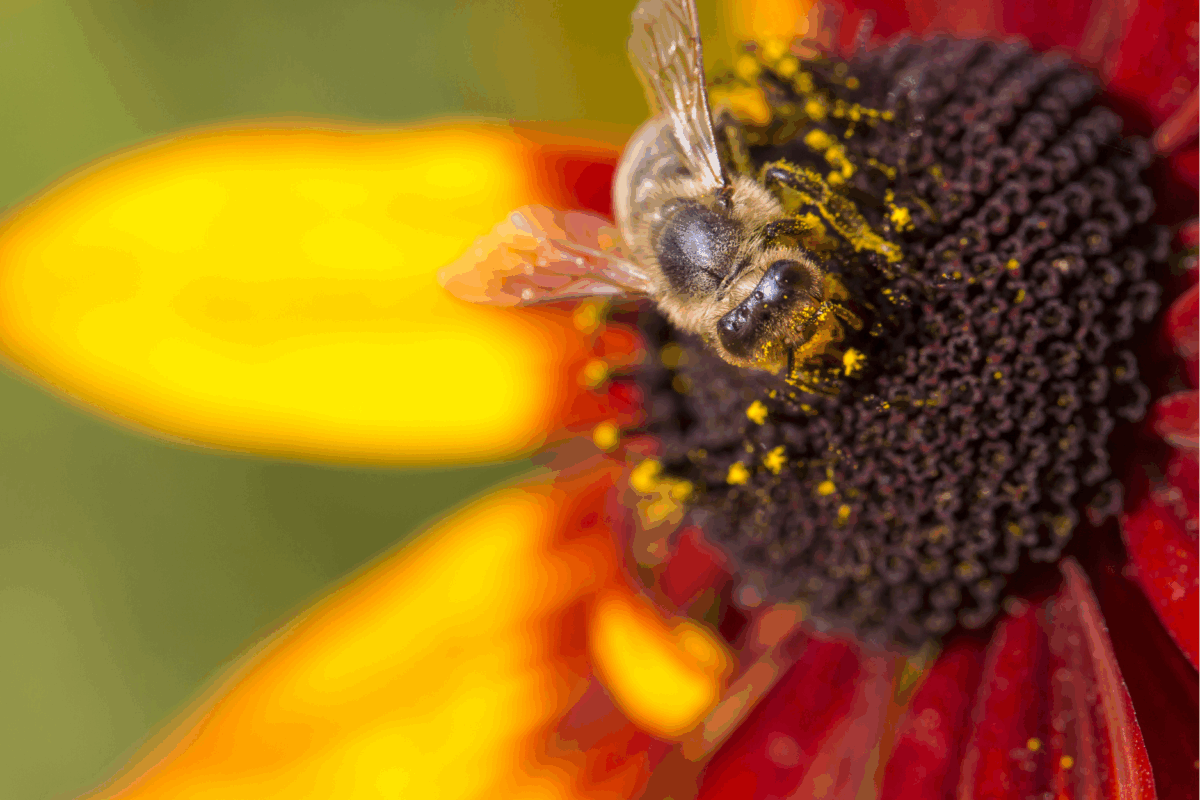Environmental Biosecurity Webinar Series 2022
Webinar 5 of the Environmental Biosecurity Webinar Series 2022 was held as a virtual event on 15 September with more than 180 attendees.
The Plant Health Australia-led project is designed to safeguard Indigenous-led forestry in northern Australia and presented a valuable opportunity to present to a new audience and forge new partnerships to face future risks.
Plant Health Australia’s (PHA’s) General Manager, Partnerships and Innovation, Dr Mila Bristow’s presentation provided an overview of Indigenous-led forestry in northern Australia and how this project is building trusted partnerships and shared understanding to improve plant biosecurity outcomes.
Indigenous communities in northern Australia own and manage around 46 million hectares of forest, including socio-economically important forestry enterprises such the 30,000 hectares of plantation hardwoods on the Tiwi Islands and the native forest sawmills and woodworks of Gumatj, East Arnhem, Northern Territory.
With a Department of Agriculture, Fisheries and Forestry (DAFF) Business Biosecurity grant, PHA is partnering with state and territory governments, Indigenous rangers, and forestry enterprises to understand what is needed to protect northern forests from pests and disease threats, as well as identifying mechanisms to improve biosecurity best practice as business-as-usual for the Indigenous people who own and manage these forestry enterprises.
Alice Hathorn, Convenor, ACT Urban Woodland Rescue, also presented and explored how reintroducing native plant species, returning carbon to the soil, slowing water and reducing disruption in the management of the park, has significantly reduced the presence of ecologically transforming weeds African Love Grass and Chilean Needle Grass.
Amanda Adams, PhD – Director of Research Coordination, Bat Conservation International presented lessons learned from the White Nose Syndrome in the United States of America (USA) to assist in developing management approaches to reduce transmission, spread and impacts of a fungal pathogen to hibernating bats in North America.
Resources, web links and copies of webinar presentations are available on the Environmental Biosecurity Webinar homepage. Follow the link to register for the webinar series.






